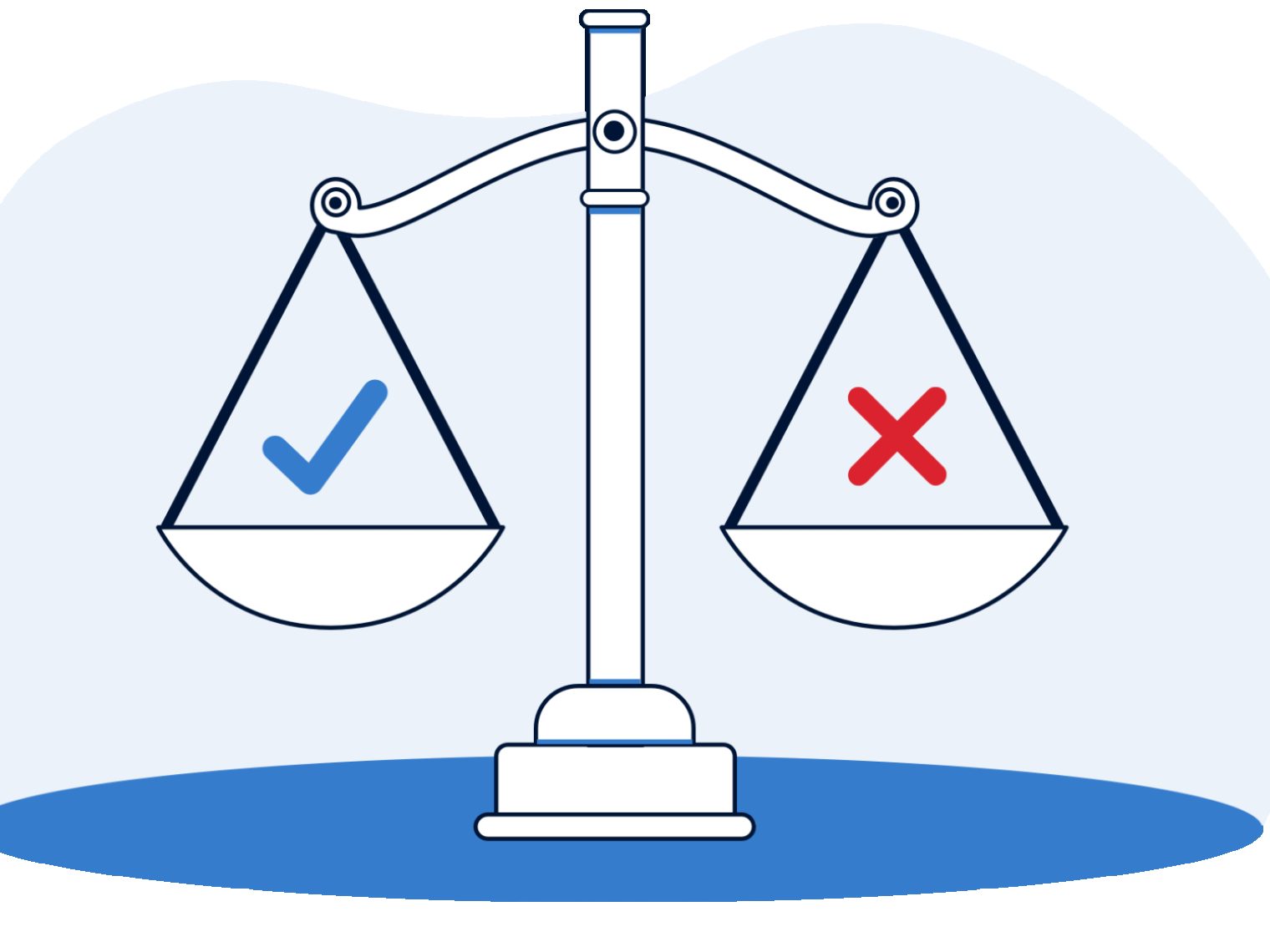One of the closing costs VA buyers usually contend with is prepaid interest on their new mortgage. Unlike rent, your mortgage is paid in arrears, meaning each payment covers the previous month you lived in the home, not the current one.
Let's say you close in mid-May; your first mortgage payment isn't typically due until July 1. That first payment covers the month of June.
But your mortgage is still accruing interest from the time you close until the start of the next month. Lenders ask for this as a lump sum part of closing costs in the form of prepaid interest charges, which are calculated as a daily rate.
Prepaid interest charges are one of the big reasons people choose to close toward the end of the month. If you close on May 27, for example, the lender would collect just a few days' worth of interest payments.
Move back the closing to May 15, and you owe a few weeks' worth of interest charges. In other words, you would need more cash to close with the earlier closing date.
Calculating Daily Interest Charges
Let's look at an example. We'll say you're getting a 30-year, $250,000 VA mortgage at a fixed 4.5 percent.
Here's how we would calculate the per-day interest:
- Calculate daily percentage: 4.5 percent rate divided by 365 days in a year = 0.01232
- Convert to decimal: 0.01232 divided by 100 = 0.000123287
- Multiply by loan balance: 0.000123287 times $250,000 = $30.823 per day
For our example, the daily interest charge would be $30.823. So if you close on May 27, you would owe five days' worth of prepaid interest charges covering May 27 to May 31. In this example, that would be $154.12.
But if you close on May 15, you would now owe $523.99 in prepaid interest charges, covering May 15 to May 31.
Given that, it seems like an advantage to close toward the month's end. And it can be, although it really depends on your specific situation, including your cash flow and what you owe at closing.
Closing Day Considerations
If you close early in the month, you'll owe more in prepaid interest at closing, but you'll often have nearly two months before your first mortgage payment is due. Closing at the end of the month means less cash needed to close, but your first mortgage payment is due a bit sooner.
A lot of buyers are drawn to the cash-to-close part and look to close at month's end. That makes it a busy time for lenders, title companies and real estate agents. Give yourself some breathing room rather than trying to close on the month's final day. Delays or hiccups could push you into the next month.
Even if that happens, it's not the end of the world. Lenders may offer an interest credit to buyers who close within the first week of the month preceding their first payment date. So if your May 30 closing gets pushed to June 2, the lender might cover your prepaid interest charges and make your first payment due on July 1.
For VA homebuyers, the bottom line is: There's no real financial gain when you pick one closing day over another. You're going to pay this interest no matter what. It's a question of when, not if, and for some buyers, the "when" might be important.
Remember to consider things like movers, utility companies and other needs, too. Talk with your loan officer about the best day to close given your unique situation.
Related Posts
-
 VA Renovation Loans for Home ImprovementVA rehab and renovation loans are the VA's answer to an aging housing market in the United States. Here we dive into this unique loan type and the potential downsides accompanying them.
VA Renovation Loans for Home ImprovementVA rehab and renovation loans are the VA's answer to an aging housing market in the United States. Here we dive into this unique loan type and the potential downsides accompanying them. -
 Pros and Cons of VA LoansAs with any mortgage option, VA loans have pros and cons that you should be aware of before making a final decision. So let's take a closer look.
Pros and Cons of VA LoansAs with any mortgage option, VA loans have pros and cons that you should be aware of before making a final decision. So let's take a closer look.

